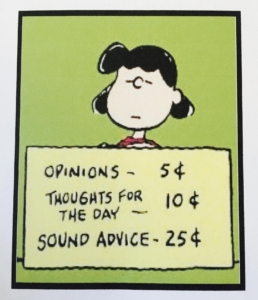Too Busy to Write?
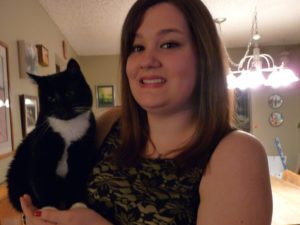
Life has had me caught up in it of late, a whirlwind of activity — you know about the graduations, the party — and this week, worries about my mom and visits with my wonderful sisters and their families. More is on the way, as it’s birthday month at our house. “I haven’t written in a month,” a friend said at Writing Lab last Wednesday. Another: “I’ve got that beat — I haven’t written in years!” I suspect this is an exaggeration, but I get it: too busy to write; too many other things to do.
No matter how busy I am, I write every day. Even back in the day — when on top of everything I deal with now I was teaching full-time — writing every day kept me grounded. I did not always write anything of substance, but every day I opened my notebook and I wrote. I wrote letters to God. I wrote about my headache or my heartache. I wrote down a tantrum some charming little person had whipped up, or the adorable thing some other little person had said. I wrote about what a terrible mother I was. I wrote teen-tiny encouragements to myself. (You are not a terrible mother; wanting to be a better mother is a great goal; look at you, despite everything, writing!) 
Writing every day is what brought me out of that wilderness, and, as I know from long experience, it will lead me through this wilderness, too.
I am a great re-reader of books, and one book that I reread almost every year is Louise DeSalvo‘s Writing as a Way of Healing.
Recently I misplaced this book. I saw it in a used bookstore,![]() didn’t buy it (I was sure I’d find my copy soon), had to go back (to two different bookstores) and search for it. Found it, bought it. Later that day my old copy turned up. Interesting, how that works.
didn’t buy it (I was sure I’d find my copy soon), had to go back (to two different bookstores) and search for it. Found it, bought it. Later that day my old copy turned up. Interesting, how that works.
I suspect that it’s time to revisit the book. I open it and I find these questions, which lead me…back to my journal.
- What else can I say?
- What else am I feeling?
- What else might have been happening?
- Why did this happen?
- Why else did this happen?
- Is this really how it happened?
- Is this really what I was feeling?
- Is this really how they were?
- Can I say even more here?
- Would someone who didn’t know me or what I experienced understand this?
- Is this as clear as I can make it?
- What [other] connections can I make here?
In my journal from last year — which I’ve been thumbing through because I just know I wrote down a story there — I found this scrap of poetry. Something else that shouted out loud to me.
I had the idea that the world’s so full of pain
it must sometimes make a kind of singing.
–Robert Hass, “Faint Music”

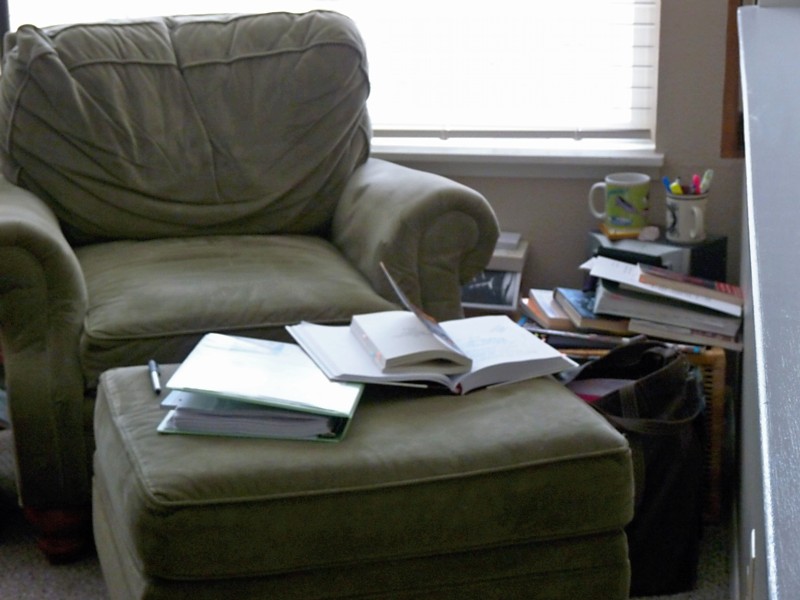
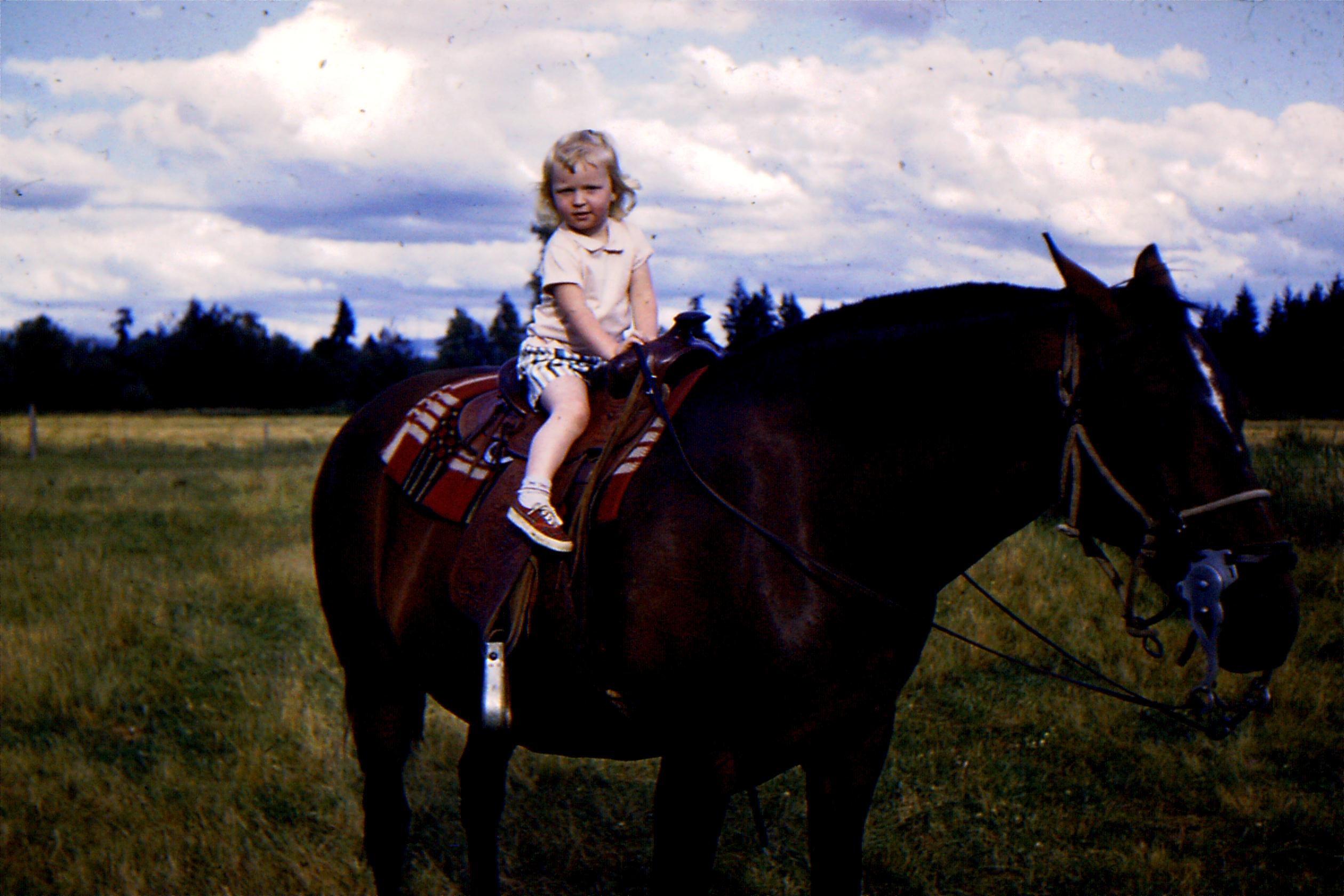
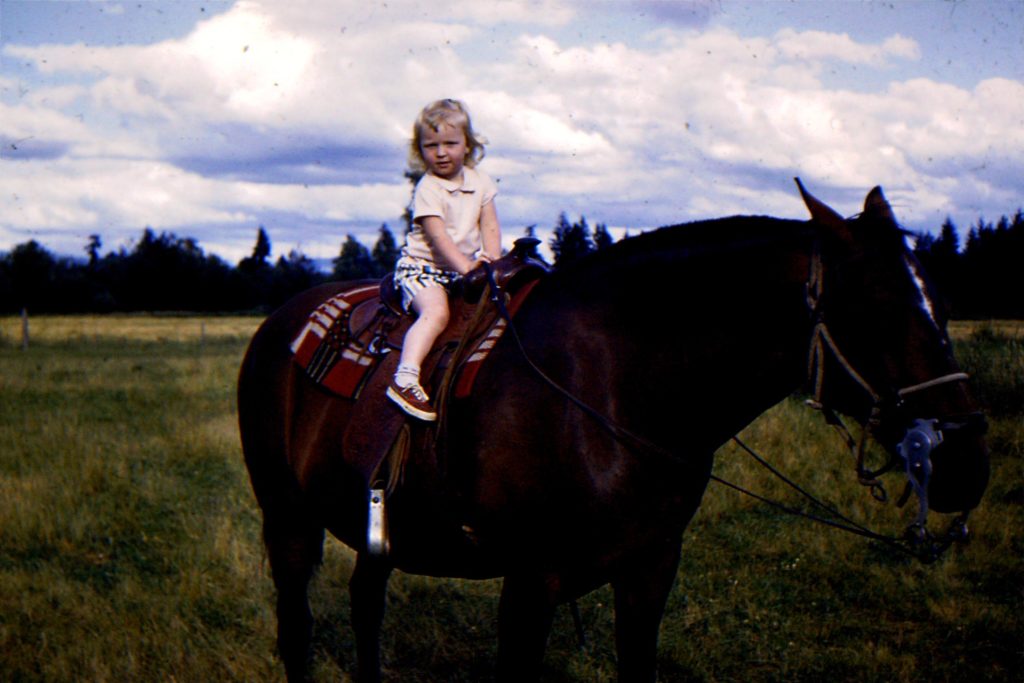 Do you dream of being a “real” writer?
Do you dream of being a “real” writer?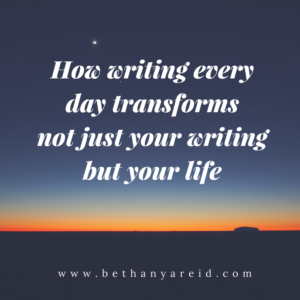

 Imagine that an anthropologist is studying your life.
Imagine that an anthropologist is studying your life.
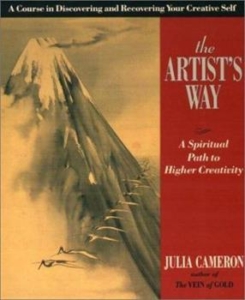 The Artist’s Way just dropped a new insight into my in-box.
The Artist’s Way just dropped a new insight into my in-box.